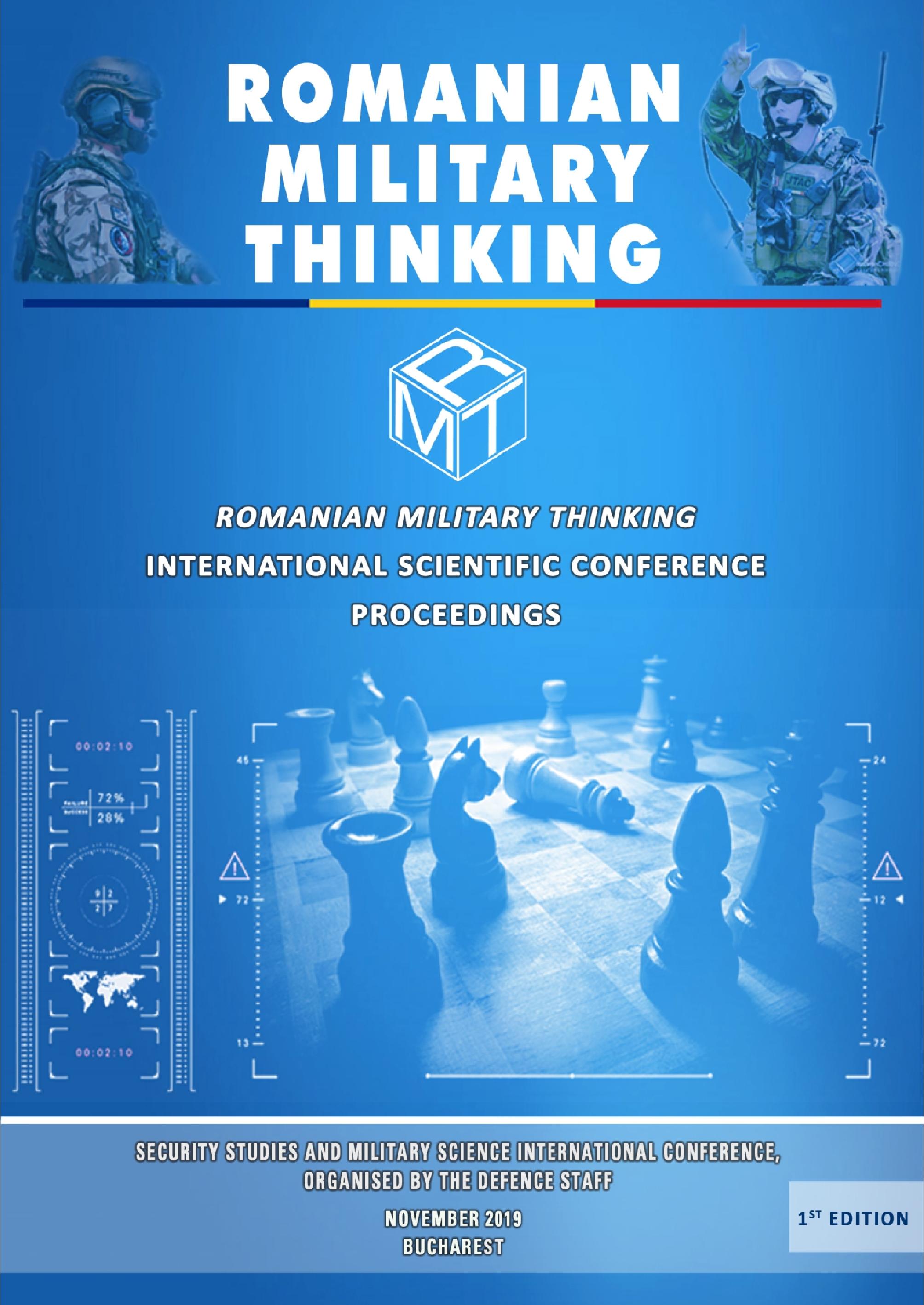Implications of Utilising UNSCR 1325 Women, Peace and Security Agenda for the Conduct of International Military Operations and Missions in the Context of the New Security Paradigm
Implications of Utilising UNSCR 1325 Women, Peace and Security Agenda for the Conduct of International Military Operations and Missions in the Context of the New Security Paradigm
Author(s): Silvia Stanciu
Subject(s): Security and defense, Military policy
Published by: Centrul tehnic-editorial al armatei
Keywords: gender perspective; UNSCR 1325; security paradigm; gender diversity; inclusion;
Summary/Abstract: UN, NATO and EU member states have substantially contributed, in the last 20 years, variousresources, to the initiatives that have been assumed in accordance with the provisions set bythe international cooperation developed regarding gender perspective promotion, especially inthe context of armed conflicts. Normative frameworks together with the working mechanismsthat have been adopted and developed in this domain, establish high standards for UNSCR1325 agenda implementation, with notable references regarding security and defence, thisbeing a field of expertise and activity which is directly and permanently influenced by themanner in which armed troops exploit, in the conduct of their military operations and missions,the new set of operational perspectives, introduced to them by taking into consideration thegender dimension. In the context of the new security paradigm, the vision upon the globalarchitecture of risks and vulnerabilities imposes the adoption of punctual and equally robustmeasures in order to counteract any emergent risks that lay an immense pressure upongeneral safety and progress.In essence, international security organizations subscribe that gender diversitymay be a strength trait in favour of societal reconciliation and rehabilitation, by utilizing themilitary component as a cardinal vector in putting UNSCR 1325 “Women, Peace and Security”objectives into practice. Therewith, the dynamics and the complexity of modern conflicts havevalidated the importance of conceiving the security policies as promoters of social equalityand inclusion, all these representing essential conditions for acquiring international peace.
- Page Range: 524-535
- Page Count: 12
- Publication Year: 2019
- Language: English
- Content File-PDF

